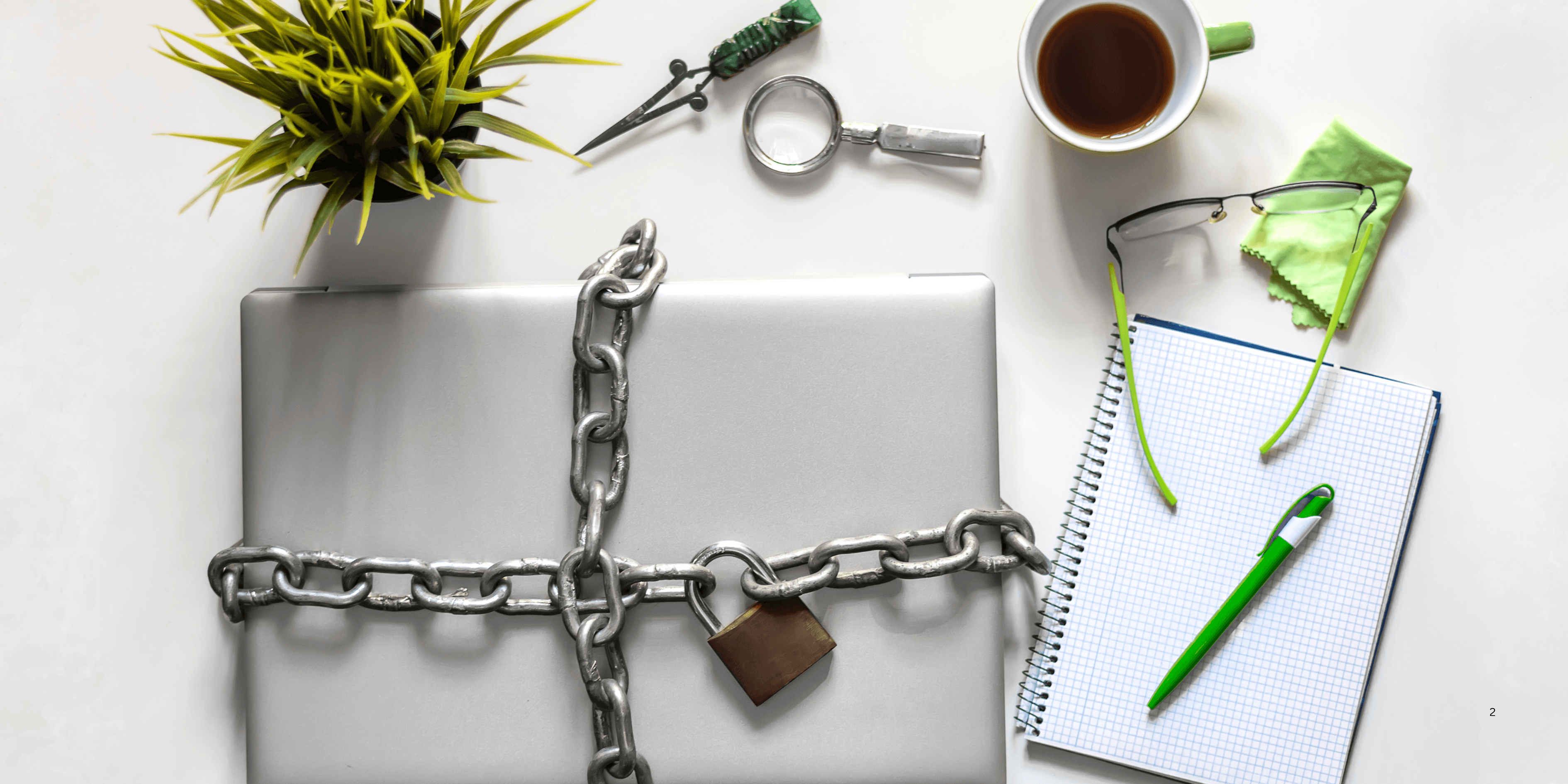
“
In today’s hyper-connected world, understanding digital detox: how and why to take a break from screens is more important than ever. Constant exposure to digital devices can impact our mental health, sleep quality, and productivity. 1
1
”
Constant exposure to screens can weaken our mental health over time. Some doctors recommend digital detoxes to reset overstimulated minds, reduce anxiety, and help restore natural sleep. 1
Excessive screen use increases cortisol, the stress hormone, which can leave you drained. Digital detoxes help lower cortisol levels, calming the body and mind for better daily functioning. 2

Regular screen breaks prevent "tech neck," a painful condition caused by looking down at devices too long. Stretching and digital pauses are crucial to keeping your spine and muscles healthy.
Digital screens emit blue light that suppresses melatonin, the sleep hormone. Taking breaks from screens—especially before bedtime—helps your body rest naturally and fall asleep faster and more peacefully. 3
A digital detox boosts real-world communication skills. When screens are set aside, you listen more deeply, engage more clearly, and strengthen relationships through eye contact, tone of voice, and presence. 4
Spending long hours on digital devices leads to poor posture and eye fatigue. Taking time away from screens allows muscles to relax and helps reduce headaches, blurred vision, and tension. 5
Detoxing from digital life can improve mindfulness. Without digital noise, your mind stops multitasking and starts focusing, making you more aware of your thoughts, surroundings, and meaningful personal interactions. 6
Digital breaks give creativity space to breathe. Without notifications and online content flooding your thoughts, the mind can wander freely—sparking imagination, new ideas, and deeper, original problem-solving abilities. 7

Constant interruptions from devices reduce deep concentration. A digital detox creates quiet time for single-tasking, helping you work more efficiently and finish what you start with less stress and distraction.
Social media use is tied to low self-worth. Detoxing reduces exposure to unrealistic comparisons and curated lives, giving you time to focus on your strengths and build healthier self-esteem. 8
Regular screen time breaks have a positive impact on emotional balance. You become more tuned in to real life, improving mood, reducing digital dependence, and lifting feelings of isolation or gloom. 9
Less time on devices means more time moving. Without screens pulling your focus, you’re more likely to walk, stretch, or exercise—boosting both physical health and mental alertness. 10
Using screens late at night delays your body’s natural sleep cycle. Unplugging earlier in the evening allows your brain to release melatonin and helps you fall asleep more easily. 11
Cutting down screen time protects you from overuse habits. By reducing compulsive checking of devices, a digital detox fosters healthier boundaries and more balance between technology and real-world responsibilities. 12

Unplugging gives you a reason to explore the world outside. Instead of staring at your screen, you’ll notice nature, weather, textures, and beauty—creating a richer connection to your environment.
Time away from screens helps build better daily routines. You become more intentional with your hours, choosing meaningful activities and managing responsibilities more smoothly without device interference. 13
Digital eye strain, also called computer vision syndrome, causes discomfort like burning, watering, or dryness. Regular detoxing gives your eyes time to rest and recover their natural strength and focus. 14
Constant digital consumption can lead to burnout. Taking breaks from apps, emails, and alerts offers your brain the recovery it needs to prevent overload and restore lasting mental energy. 15
Digital detoxes create more mindful eating habits. Without screens during meals, you slow down, notice flavors, and feel satisfied sooner—leading to healthier digestion and fewer tendencies to overeat. 16
Philosophers argue that constant noise clouds our thinking. In the quiet of a digital detox, we hear ourselves more clearly, enabling deeper reflection, renewed purpose, and genuine personal growth. 17


